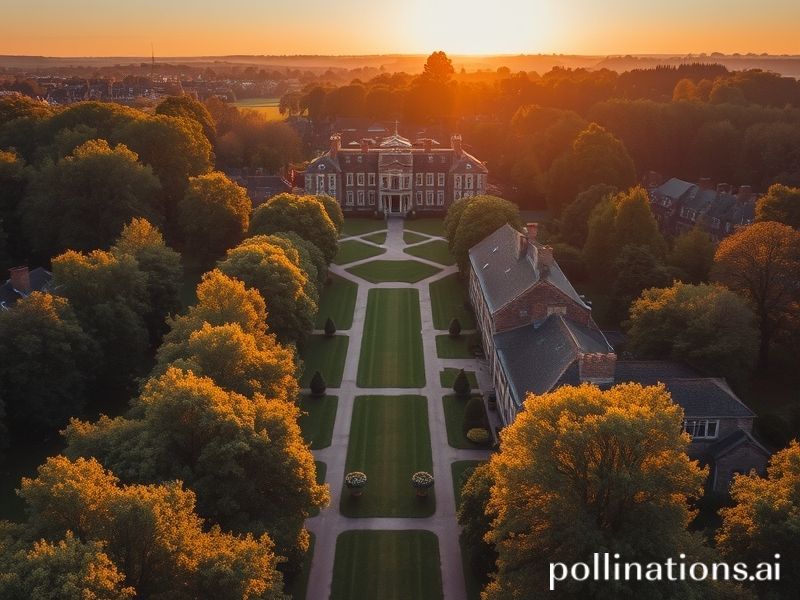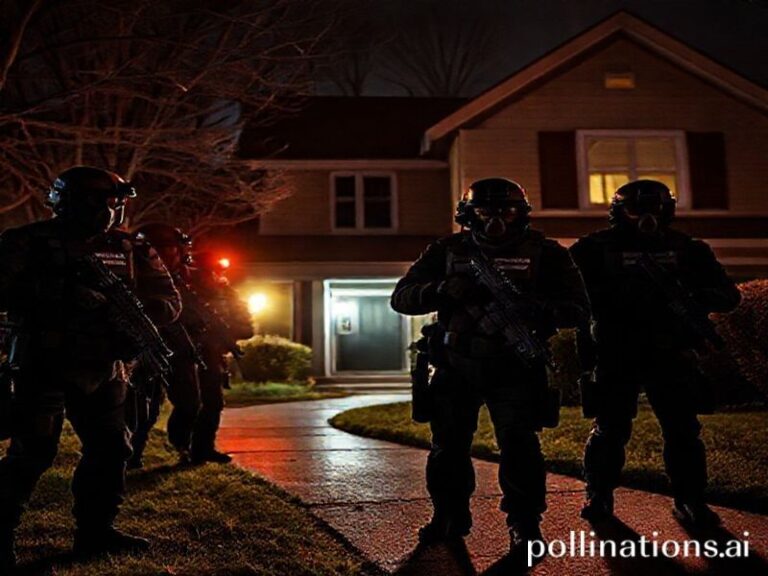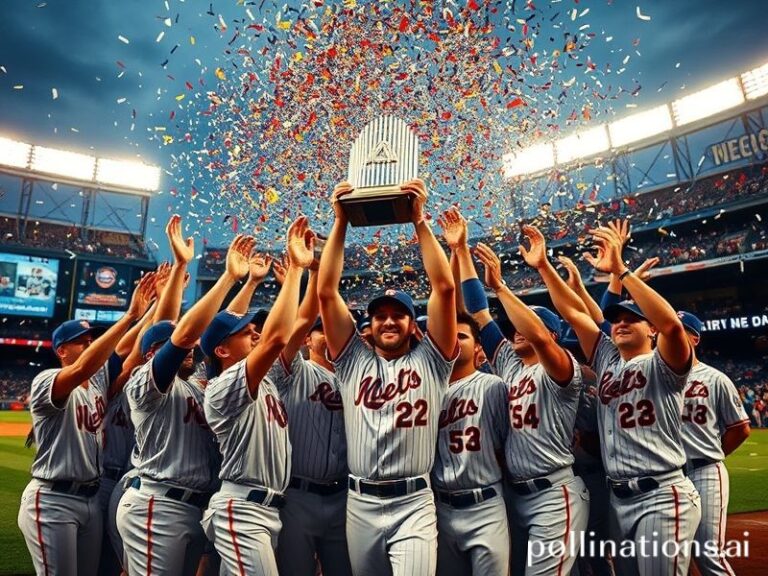Chequers: The Buckinghamshire Manor Where Global Crises Go for a Long Weekend
Chequers: The Buckinghamshire Bungalow Where Empires Go to Die Quietly
By the time any international correspondent has filed copy from Chequers, the 16th-century manor house in the Chilterns looks less like a weekend retreat and more like a hospice ward for British political ambition. The wood-panelled drawing rooms, the manicured lawns, the air thick with the ghosts of Munich-bound appeasers and Gulf-bound crusaders—all of it lends an air of historic inevitability to whatever fresh compromise is being hammered out between the croquet hoops. One half expects to find the faded deckchairs labelled “Chamberlain” and “Eden” still set out for tea.
Global audiences first learned to pronounce “Chequers” in July 2018, when Theresa May dragged her entire Cabinet there for a twelve-hour lock-in whose sole outcome was a 12-page Brexit position paper that lasted just four days before disintegrating faster than a cheap Union Jack in a monsoon. Since then, the estate has become a sort of diplomatic oubliette: leaders go in, bland communiqués come out, and the world’s press corps stands shivering in the drizzle, wondering why Downing Street never springs for a heated marquee. The symbolism is irresistible—Britain, once the world’s workshop, now reduced to negotiating with itself in a Tudor gift shop.
Yet Chequers matters far beyond the soggy island that built it. Every failed summit there sends a pulse through global markets faster than you can say “Swiss stockpile.” When Boris Johnson convened his “COVID war cabinet” in the same Long Gallery where Churchill once paced, sterling wobbled, Tokyo’s Nikkei caught a chill, and some poor algorithm in Singapore had to recalibrate its entire bond-yield forecast because Dominic Cummings forgot his laptop charger. The lesson is simple: never underestimate how much chaos can be generated by fifteen people who can’t work a Nespresso machine.
Internationally, Chequers has become shorthand for a very British form of crisis management: the grand, theatrical weekend at a stately home, followed by Monday’s inevitable walk-back. From Brussels to Beijing, trade negotiators now budget an extra 48 hours whenever London announces “constructive talks at Chequers,” on the assumption that whatever was agreed will be un-agreed by teatime Tuesday. The EU’s Michel Barnier reportedly kept a private bingo card: “Garden press statement in light rain” (square B-2), “Minister photographed looking pensive beside bronze stag” (O-4). He filled the entire card twice.
The wider significance lies in what Chequers reveals about the post-imperial mind. Here is a nation that once administered a quarter of the globe from a modest office in Whitehall, now reduced to locking its own ministers in a country house until they promise to get along. The rest of the world watches with the queasy fascination of relatives at an intervention: we know it’s necessary, we just never thought we’d see the day. Every helicopter clattering over the beech trees is another reminder that power, like cholesterol, can clog the arteries of statecraft until something ruptures.
Still, there is something grimly democratic in the ritual. Chequers may be a Grade I listed pile, but the Wi-Fi is patchy and the coffee is instant; even billionaires look mortal under fluorescent kitchen lighting. When the cameras finally pack up and the last aide is hustled into a ministerial Range Rover, the takeaway for global observers is the same: when even the country that invented the stiff upper lip needs a weekend retreat to figure out what it stands for, none of us should feel too smug.
The lights dim, the gates close, and somewhere in the darkness a peacock screams—whether in triumph or despair, no one can tell. Until the next crisis summons them back, the world’s leaders will retreat to their own gilded panic rooms, comforted by the knowledge that whatever happens, at least it isn’t raining in Buckinghamshire. For now.







